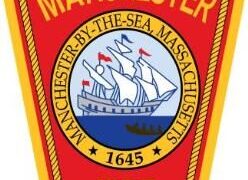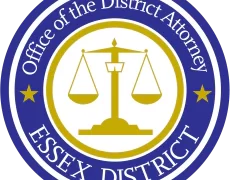PSWICH – Town Manager Stephen Crane and Director of Public Health Colleen Fermon would like to remind residents of available harm reduction resources.
The Town’s syringe services program, provided by North Shore Health Project through their One Stop Harm Reduction Program, offers users of the program means to obtain free sterile needles and syringes, dispose of used needles, syringes and sharps, get free testing strips to test substances for fentanyl and xylazine, receive overdose prevention education, and get access to Narcan (naloxone).
One Stop representatives offer free, confidential harm reduction services in Ipswich each Monday; times and locations vary each week. Individuals and businesses may call or text One Stop at 978-515-0455 for Narcan training, Narcan, Fentanyl test strips, and other services. Anyone homebound or with a transportation issue may contact One Stop for at-home service.
When One Stop isn’t in town, harm reduction supplies including Narcan and fentanyl test strips are available at the Public Health Department, 25 Green St.
Narcan (naloxone) is a life-saving medication that can reverse an overdose from opioids – including heroin, fentanyl, and prescription opioid medications – when given in time. According to the CDC, someone else was present in nearly 40% of overdose deaths. Having Narcan available allows bystanders to help during a fatal overdose and save lives. Often given as a nasal spray, Narcan is safe and easy to use. Ipswich residents can obtain Narcan and receive training through the One Stop program.
“It is essential that our residents are aware of what resources are available to them should they ever need help for themselves or a loved one,” said Director Fermon. “One Stop is an invaluable resource that we’re lucky to have in Ipswich, and the Public Health Department is proud to work alongside them in providing harm reduction services to our community.”
The Ipswich Public Health Department shares the following advice from the Substance Abuse and Mental Health Services Administration within the U.S. Department of Health and Human Services.
- Overdose prevention includes taking steps to reduce the risk of overdose, responding to an overdose by administering naloxone or other opioid overdose reversal medications, and referring the person to harm reduction services and supports.
- Consider personal risk. The level of risk and strategies for prevention depend on whether you are taking a prescription medication as prescribed by your practitioner, are a patient receiving long-term pain management, or are obtaining and using illicit opioids.
- Ask your prescriber and pharmacist questions. Understand the medications you are taking by reviewing the potential interactions with other medications or substances and confirming the prescribed dosage. If you are using illicit opioids obtained on the street, consult a trusted source such as a harm reduction provider, practitioner, or pharmacist for overdose prevention information. Learn the signs of an overdose and how to respond.
- Empower yourself. Obtain an opioid overdose reversal medication such as naloxone or nalmefene, as well as fentanyl and xylazine test strips.
If you believe someone is experiencing an overdose, call 911.





